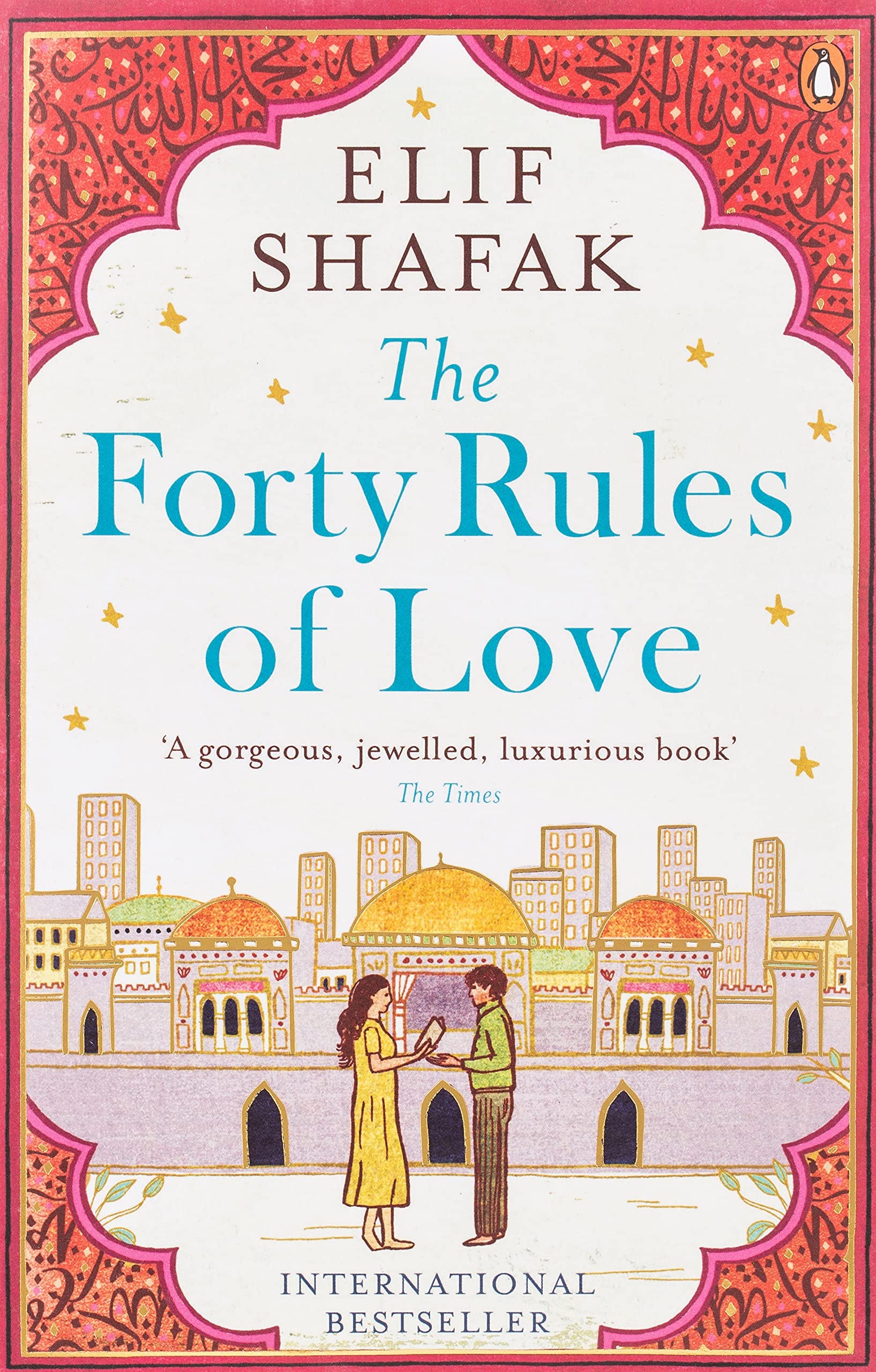Re-Awakening the Author: The Discursive Voice of Elif Shafak by Lukanyo Mbanga
I had heard the name ‘Elif Shafak’ circling passionately around the bookstore. From David Krut, himself and in the sparkling eyes of walk-ins when they pick up the vibrant covers of The Island of Missing Trees or The Bastard of Istanbul. Intrigued, I launched myself into The Three Daughters of Eve expecting to be blown away. And blown away, I was.
Peri loved words. She hold them in her palm like eggs about to hatch, their tiny hearts beating against her skin, full of life.
-Elif Shafak, Three Daughters of Eve
I could go on about the brilliant facts and figures of Elif Shafak’s life: She’s Turkish but based in London; she was born in France, she was raised by her grandmother in Turkey, she’s a politics scholar and a brilliant public speaker, she is chosen among BBC’s top 100 influential woman, she’s the vice president of the Royal Society of Literature, the founding member of the European Council of Foreign Relations and so on and so forth. However, if you’ve read my previous blog on Elena Ferrante, you’d understand the trajectory I’m about to take. And that’s through looking at Elif Shafak through the voice she projects in her writing.

The poet, Rumi has a pervasive presence in Elif Shafak novels. In The Forty Rules of Love we have two paralleling stories that take us centuries back to Rumi as an apprentice to his beloved teacher, Sham of Tabriz .
If you’re irritated by every rub, how will your mirror be polished?
-Rumi
Elif Shafak believes in the fluidity of the mind. That we can’t be rigid if we seek understanding. In her second TED talk she speaks about the plurality of thought. That we don’t have to exist in one frame of mind, but in many. That we can transcend borders drawn to divide and separate. In the Three Daughter’s of Eve this theme of plurality and diversity of thought is the vein of the novel. Peri is a bright girl who finds herself always floating in between life’s dualities, unable to pick a side. Moved and challenged by her eccentric Oxford Professor, Peri learns that uncertainty is a gift. Remaining rigid and dogmatic is what prevents us from evolving.

Elif Shafak has brought together so many complex facets of human existence in her writing. How the debates of the self and the outer world are merged with the simple rendering of human emotion and human events that make her novels both philosophical and concrete. Elif Shafak’s political voice and views shine through, but also with a gentle openness to see the world from many perspectives. We see how some views are thought of as the “the one and only truth there could be” are seen by others as utterly intolerable—but the key is to listen. To respect. Not to respond with anger or a turn blind eye. Something we all must learn. A timeless and wise voice— Elif Shafak’s novels are a must-read.

